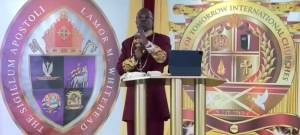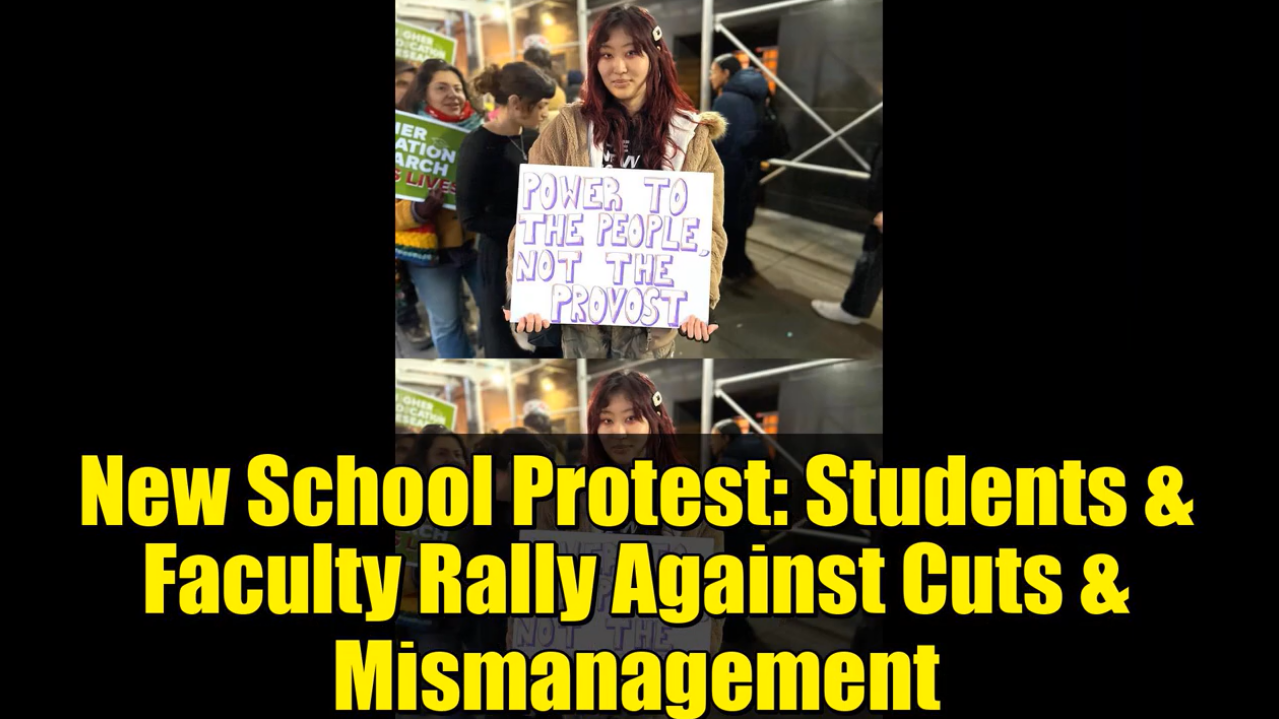By DOJ
Photos: YouTube Screenshots
Damian Williams, the United States Attorney for the Southern District of New York, announced that a jury returned a guilty verdict Tuesday night against Lamor Whitehead (known as the Brooklyn Bling Bishop) on two counts of wire fraud, one count of attempted wire fraud, one count of attempted extortion, and one count of making false statements to federal law enforcement agents. U.S. District Judge Lorna G. Schofield presided over the two-week trial.

U.S. Attorney Damian Williams said: “As a unanimous jury found, Lamor Whitehead abused the trust placed in him by a parishioner, tried to obtain a fraudulent loan using fake bank records, bullied a businessman for $5,000, tried to defraud him out of far more than that, and lied to federal agents. Whitehead’s reprehensible lies and criminal conduct have caught up with him, as he now stands convicted of five federal crimes and faces time in prison.”
According to the allegations in the Indictment and the evidence at trial:
Lamor Whitehead, who leads a church in Brooklyn, New York, stole from his own parishioners, sought to defraud and extort a businessman, and committed loan fraud. First, Whitehead induced one of his parishioners to invest approximately $90,000 of her retirement savings with him by promising to use the money to help her buy a home. He then spent the money on luxury goods and other personal expenses and, when she demanded to be paid back, he continued to lie to avoid returning the money.
Second, Whitehead extorted a businessman for $5,000, then attempted to convince the same businessman to lend him $500,000 and give him a stake in certain real estate transactions in return for favorable actions from the Mayor of New York City, even though Whitehead knew he could not obtain the favors he promised.
Third, Whitehead submitted a fraudulent application for a $250,000 business loan, including doctored bank statements that falsely claimed Whitehead had millions of dollars in the bank and hundreds of thousands of dollars in monthly revenue. Finally, when speaking with Federal Bureau of Investigation (“FBI”) agents who were executing a search warrant outside Whitehead’s mansion in New Jersey, Whitehead falsely claimed that he had no cellphones other than the phone he was carrying when, in fact, Whitehead had and regularly used a second cellphone, which was inside his house at the time.
Whitehead, 45, of Paramus, New Jersey, was convicted of two counts of wire fraud, one count of attempted wire fraud, and one count of attempted extortion, each of which carries a maximum sentence of 20 years in prison, and one count of making false statements, which carries a maximum sentence of five years in prison.








